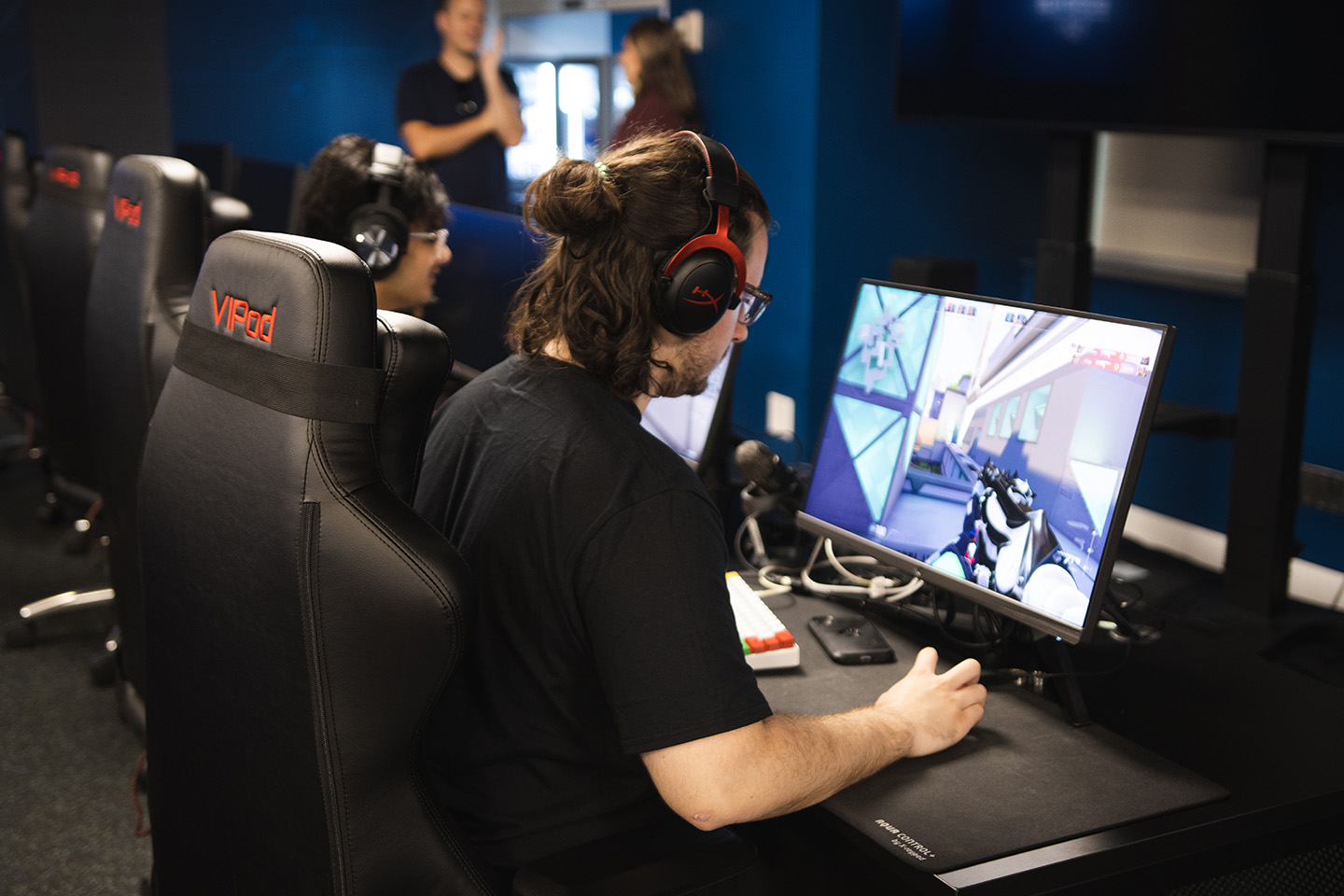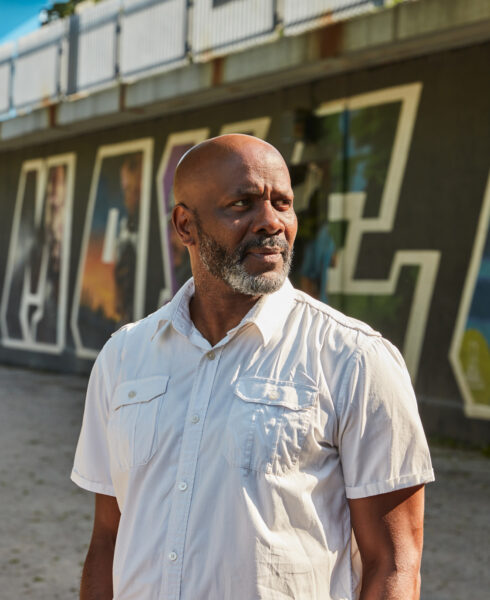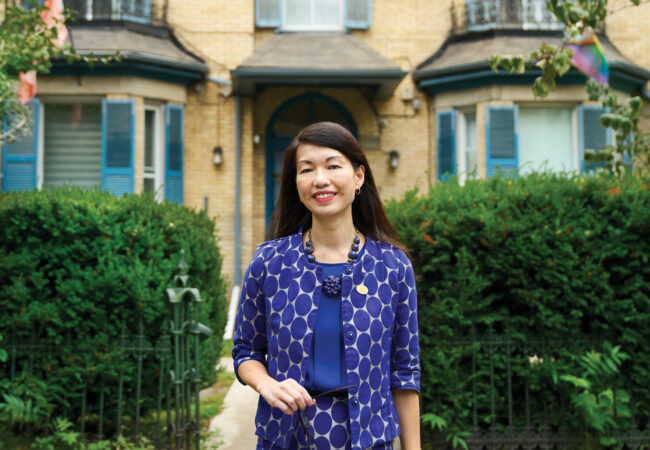Who would have thought even a few years ago that an organization as successful and popular as the National Basketball Association would find its youngest potential fans lured away by video games and esports, to the point where the long-term future of the league was in peril?
Recognizing that trend, the league decided to meet its young fans where they are, setting up its own esports league and embracing platforms like Snapchat and TikTok. It has been a winning move.
The dramatic impact of digital tech, especially augmented and virtual reality, gaming and other 3D tools is being felt in sectors ranging from professional sports to universities. Our faculty and students in programs from English to Architectural Science and from Geographical Analysis to Sport Media are teaching, learning, working and playing with these digital tools that are entwined in the future of so many sectors.
That’s why the recent opening of our Red Bull Gaming Hub (featured in the story “Game Changers”) is such an exciting initiative. The Gaming Hub is linking to larger trends that are challenging the status quo in almost every segment of our society and bringing them into our classrooms.
"Today we are exploring AR and VR to ensure our students can make the most of a changing world."
RTA School of Media professor Kris Alexander, director of the Red Bull Gaming Hub, says visitors to the lab may see merely a room full of high tech equipment, but he sees “the future – and future jobs for our students.” There is already a great foundation: Canada is the third largest producer of games in the world, a $5.5 billion industry for our country – with games-related jobs growing at a pace six times faster than the overall job market.
We can look to past examples to track how our university has evolved in keeping with the arc of social, technical, economic and political change. In earlier years we pioneered education in fields including television broadcasting and midwifery. Now programs like data science and analytics, energy and innovation, and immigration and settlement studies shape new directions and point towards an optimistic future.
Which raises an important question: how does our university remain current? Advisory councils with industry and community leaders (often our alumni) bring real world experience to education planning, while regular reviews of our curriculum ensure relevance. We recently established the position of chief strategy officer at TMU to help set the course for the university for the years to come.
Today we are exploring augmented and virtual reality to ensure our students can make the most of a changing world. Tomorrow will bring something new, equally exciting and challenging, and I, for one, cannot wait to see what our students will make of it.






